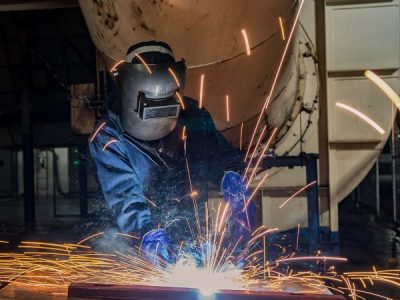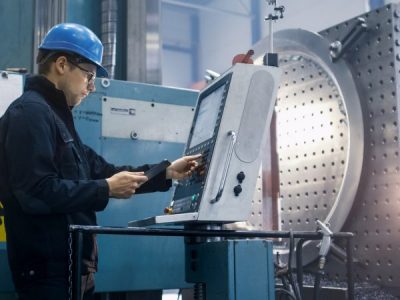Sick of people beating around the bush when it comes to a clear explanation of what precision machining services can offer your company or project? It’s time to throw the jargon out of the window. Here’s our no-nonsense guide to what can be achieved using precision machining techniques, and how to find the best precision machining services in Brisbane.
What is precision machining?
Precision machining is a process undertaken by mechanical engineers where material is removed from a part or component, using a variety of methods and tools, to create the desired shape. The work is very intricate, and component dimensions require precision down to the nanometer. Precision machining can be carried out on a variety of materials, including plastic and wood, but is most commonly used to alter the shape of metal objects.
Why choose precision machining services?
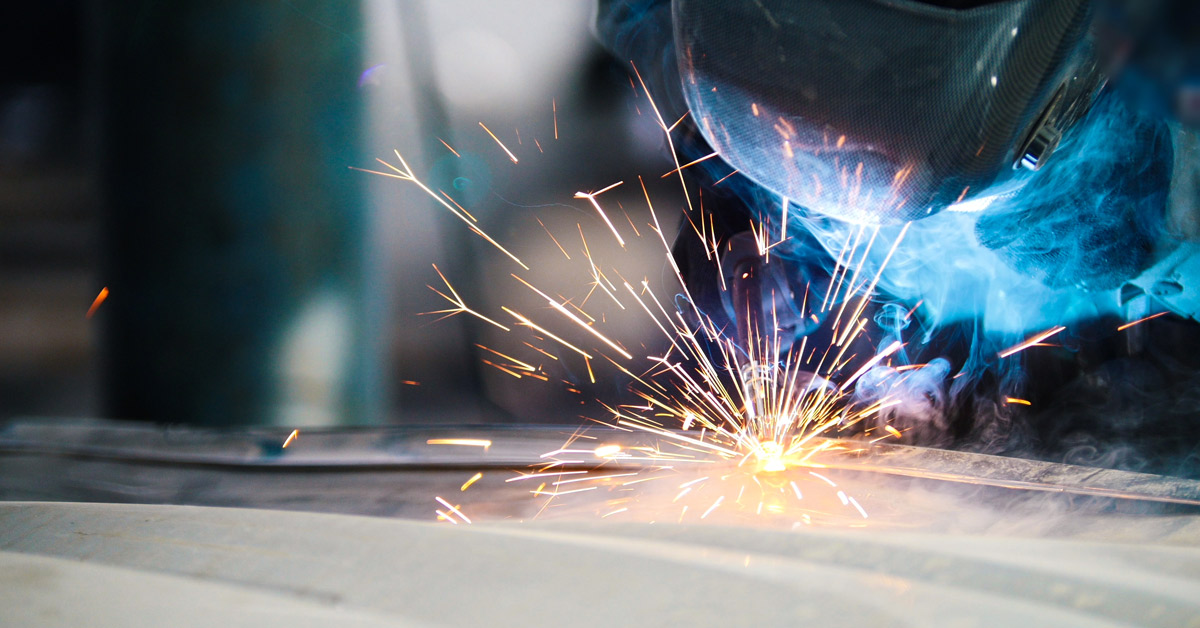
So why would you need to subcontract precision machining? Here are a few of the reasons project managers seek out mechanical engineers experienced in precision machining:
- They need alterations carried out on a faulty or dysfunctional part or component to get it working again
- They require the fabrication of a discontinued part or component that is no longer made by the manufacturer
- They’re looking for a mechanical solution that will help increase the efficiency of a piece of machinery
What’re the advantages of CNC machining?
You may have heard the term CNC machining thrown around with precision machining. CNC machining stands for computer numerical control machining and involves a computer controlling the tools which cut away material from a part or component. In essence, the computer carries out the work instead of a person. Investing in CNC machining services has many advantages, including the following:
- Minimising mistakes caused by human error
- Better consistency and accuracy in the finished product
- Quicker turnaround, as machines can operate 24/7
Precision machining techniques and machines.
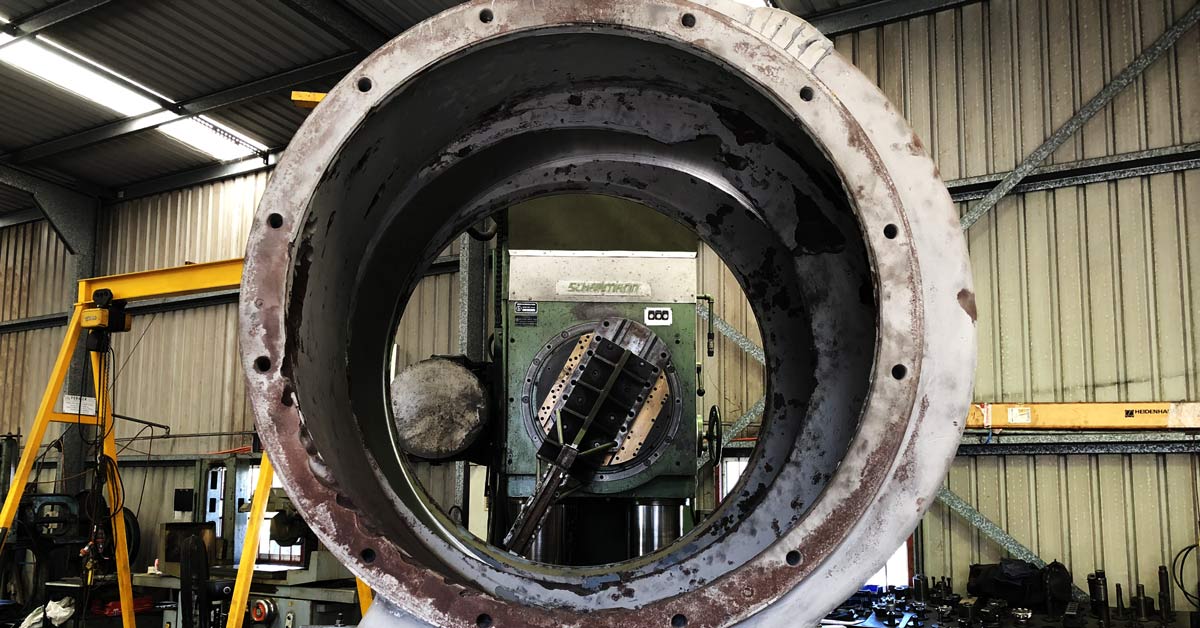
There are many ways in which material can be cut away from a part or component. These precision machining techniques use a range of machines and cutting tools to produce specific shapes and finishes. Let’s take a look at a few.
Lathes.
The lathe is an essential precision machining device in any mechanical engineer’s workshop. It is a versatile machine which carries out a variety of functions, predominantly on cylindrical parts and components. The most common techniques undertaken on a lathe are facing, slicing and boring. But a lathe can also be used for drilling, tapping, turning, threading, polishing, grooving, knurling and trepanning. Each process requires special tool attachments to achieve the desired finish. Want to know more about what these techniques entail? Check out our straightforward guide to precision machining methods here.
Milling machines.
Another integral machine in a precision engineering workshop is the milling machine. The milling machine can be used to cut intricate shapes such as holes, slots and pockets into a metal component using a rotating tool. While the milling machine has many capabilities, milling is often undertaken after the basic shape of the metal component has been achieved using other methods. A milling machine is regularly used to create custom features in metal parts for enhanced operability. Many milling machines can be computer-operated for increased precision.
Drilling machines.
Drilling machines are used to drill holes of varying sizes and lengths into components and parts. Specific drilling machines such as a radial arm drilling machine can also be used to create angular or intersecting holes and are ideal for large component machining. After the initial hole has been drilled into the component, more precise finishing techniques may be carried out, such as tapping using a tap tool on a lathe (to create the rivets that will hold a screw in place). A boring machine may also be used to enlarge and finish a hole so that its dimensions are accurate.
Looking for any of the above-mentioned services in the Brisbane region? Prime Engineering are experienced precision machining subcontractors in Brisbane. We can assist you with manual and CNC precision machining services in our fully equipped workshop. Contact us today for zero fuss precision machining.
